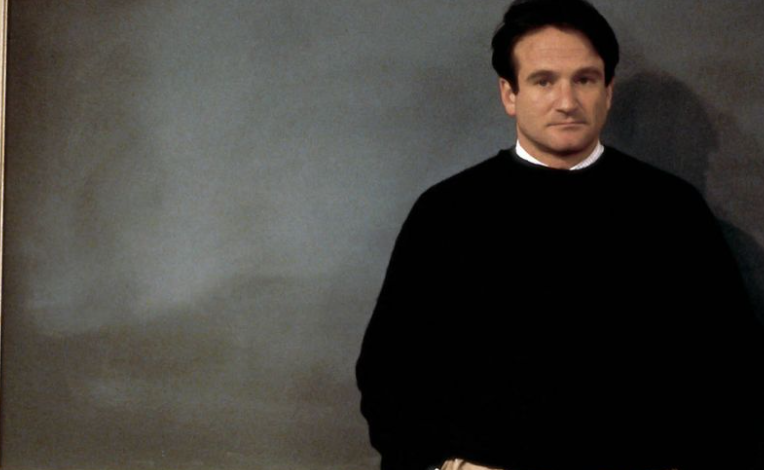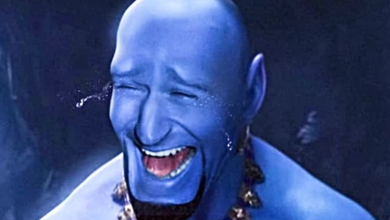Poetry and politics: Revisiting ‘Dead Poets Society’ 32 years later

In the 1994 film Il Postino, a poor postman tells Pablo Neruda that “poetry doesn’t belong to those who write it but those who need it.” That is the central thesis of Peter Weir’s 1989 drama about the age-old battle between idealism and realism. Over the years, Dead Poets Society has provided comfort to some while others have dismissed it as a collection of platitudes signifying nothing. Three decades later, does the allure of Dead Poets Society still remain or did it never exist in the first place?
Set in an elite preparatory school for boys where everyone is white and privileged, Peter Weir captures the stiffness of a conservative environment where parents project unrealistic expectations on their children and teachers literally spank the students into conformity. Obedience is drilled into their malleable skulls and the means are justified by the supposedly noble end – they will all become doctors, lawyers, bankers and engineers. Weir constructs a compelling depiction of the education system as visualised by Louis Althusser, Ideological State Apparatuses that successfully manufacture subjects instead of “free” individuals.
Many cite the performance of Robin Williams as Mr. Keating, the unconventional English teacher, as one of the “inspirational” elements of Dead Poets Society. They aren’t wrong, because Keating was deliberately designed to be a disruptive force within the suffocating atmosphere of Welton Academy. He liberates the boys from meaningless literary theories that are intentionally obfuscated by their authors to pass as “profound”. Instead, Keating takes the boys outside the classroom and engages in methods of teaching poetry that appear radical but are just as meaningless as the mathematical analyses of the greatness of literature.
In his terribly unconvincing essay for The Atlantic, Kevin J.H. Dettmar argues that the greatest failure of Dead Poets Society is that it is “anti-intellectual” in its treatment of literary scholars. He insists that academics who have devoted their lives to writing esoteric and onanistic research papers about equally self-indulgent subjects are being hurt by Dead Poets Society’s populist approach to understanding poetry. On the contrary, Peter Weir’s film is so inadequate because its criticism of literary criticism is not scathing enough. Dettmar writes as a shill for epistemological dogmatism just to seek validation from STEM scholars: “We will insist on being welcomed to the table as professionals.” In doing so, he refuses to acknowledge the exigency of bringing reforms to an outdated system that dispenses obsolete knowledge and claims that it is revelatory.
While a lot of the dramatic pieces of the narrative are inherently flawed (like the pre-occupation with first world problems or how a suicide is depicted in a quasi-comical fashion), it would be wrong to dismiss Dead Poets Society’s ideological messaging completely. Underneath all the Hollywood didacticism, Weir actually touches on a relevant development in the field of literary criticism. Roland Barthes famously wrote that criticism will die if we do not consider the authors of the texts we are reading to be dead, ushering in a multiplicity of our own interpretations which form the foundation of art’s real value. Keating advocates for the same, albeit in a sensationalised fashion but that’s just an occupational hazard for a supposedly rebellious teacher in a film.
Dead Poets Society’s emphasis on the importance of non-conformity and free-thinking while being trapped in the pernicious framework of the educational system is exhausting because it has been repeated so often. Weir orchestrates all of it in an efficient manner which achieves its objective of manipulating the audience into falling in love with the idea of poetry. Somewhere along the way, it forgets to ask us to think more deeply about the ideological indoctrination perpetuated by a flawed system. Quite regrettably, Dead Poets Society pulls its punches during its critique of academic posturing. Due to the unwillingness of geriatric scholars who refuse to let go of their pedagogical insecurities, the diminishing relevance of literary criticism continues to be an observable and tragic phenomenon.





